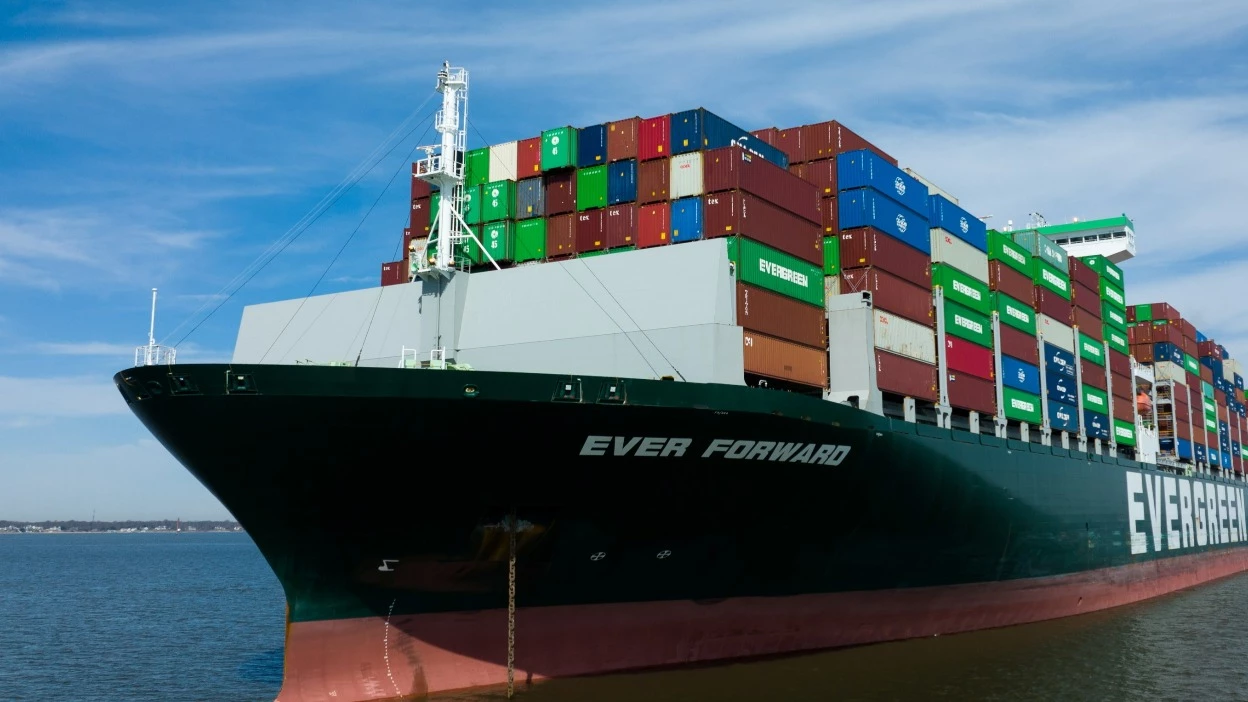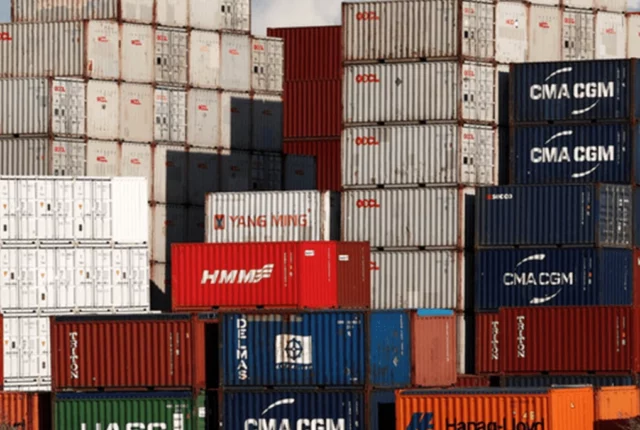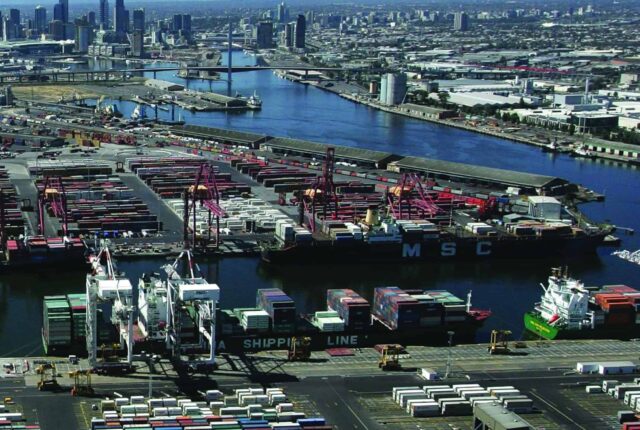
Cargo Shipments from China to U.S. Decline
Ship cancellations accelerate; ‘shipments out of China for major retailers and manufacturers has ceased’
The number of ships sailing from China to the U.S. laden with clothes, electronics, furniture and other goods is plunging, as an accelerating number of cargoes are canceled.
The scrapped sailings come after the Trump administration ratcheted up tariffs on China while giving a three-month reprieve on punitive levies for much of the rest of the world.
At the Port of Los Angeles, one of America’s biggest gateways for imports from China, executive director Gene Seroka told port officials Thursday that he expects a 35% drop in import volumes in two weeks “as essentially all shipments out of China for major retailers and manufacturers has ceased.”
The trade war between the U.S. and China has triggered retailers and manufacturers to switch their supply lines and rush products out of other parts of Asia, such as Vietnam and Malaysia.
Companies are making hurried decisions about imports as they gear up for the peak shipping season this summer when retailers bring in supplies for the new school year and the fall and winter holidays.
Bookings out of China fell 60% in the past week after Trump imposed a succession of tariffs on China that reached 145% on April 9, according to Nathan Strang, director of ocean freight at Flexport, a San Francisco-based company that helps companies ship cargo around the world.
Importers that work with Chinese manufacturers that also have factories in other parts of Asia are pivoting: “They’re saying, ‘Today we are stopping China production, tomorrow we are starting Cambodia,’” Strang said.
Dozens of canceled sailings from China were due to reach U.S. seaports in the coming weeks. Freight demand from China to the West Coast of the U.S. could fall 28% next week, while demand at East Coast ports could plunge 42% the following week, according to Alan Murphy, chief executive of Denmark-based data firm Sea-Intelligence.
”The impact is staggering,” he said.
Stuart Sandlin, the head of North America for Hapag-Lloyd, said the German shipping line is seeing a 30% decline in bookings out of China and a surge in bookings out of Southeast Asia as importers pull in goods before Trump’s rest-of-the-world tariff pause ends in early July. Currently, most countries are only subject to 10% across-the-board levies.
Some retailers and manufacturers are able to pause orders because they rushed in large volumes of cargoes at the start of the year to get ahead of any potential tariffs.
The ports of Los Angeles and Long Beach—the busiest container-port complex in the country—handled the equivalent of nearly 2.5 million import containers in the first three months of the year, an increase of 14% over the same time last year.
Redwood, Calif.-based Balsam Hill sells Christmas trees and decorations online and in stores, but had to pause shipments into the U.S. with only 20% of this year’s seasonal inventory in stock, said CEO Mac Harman.
Some factories in China have paused their production lines, Harman said, while others are canceling orders outright rather than risk making things they can’t sell. Balsam Hill has until August, at the latest, to ship its goods from China.
“We have a bunch of production sitting as finished goods, and if tariffs come down we can release it and help save Christmas,” he said.
The rapid halt in exports from China and accompanying surge in demand out of Southeast Asia is raising fears of a future surge in cargo demand from China—and skyrocketing shipping rates—if the Trump administration reaches a trade deal with Beijing.
U.S. officials this week signaled they are open to a reduction in the tariffs. Freight executives say that if the levies are paused or significantly reduced, it will lead to a sudden snap back of demand and a rush for space on containerships.
“All the ships are going to be choc-a-block full, and freight rates will skyrocket,“ said Lars Jensen, CEO of Denmark-based container-shipping consulting firm Vespucci Maritime.
The surge in China-to-U.S. blank sailings is pushing firms to revise forecasts and cut costs, creating ripple effects across the freight sector. In the leather trade, unsold skins are piling up, highlighting the broader challenges facing global supply chains.
Source: Article






